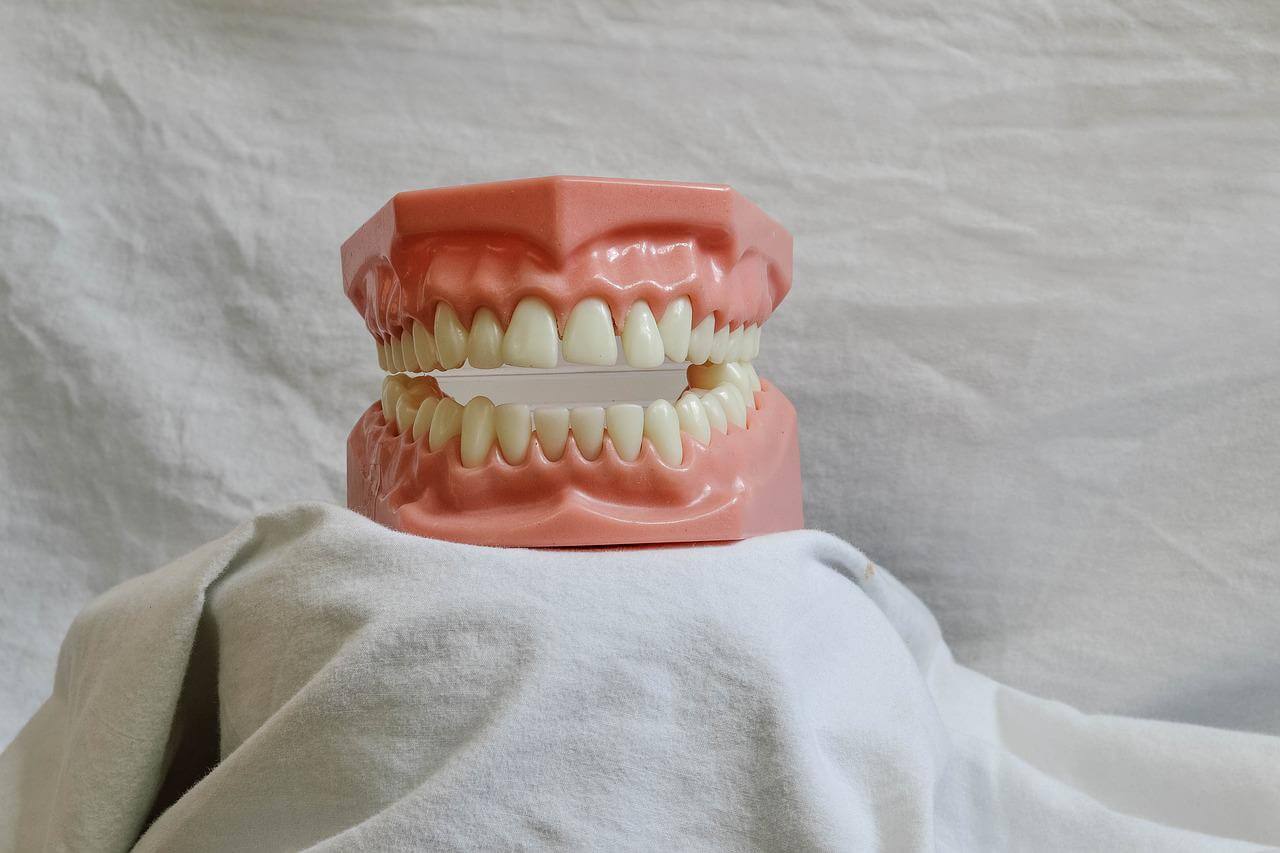
Teeth
Porcelain veneers are not just a gateway to a beautiful smile; they are a testament to the advancements in cosmetic dentistry. These thin, yet robust, custom-made shells are designed to cover and enhance the front surface of teeth, dramatically improving a person’s smile and overall oral aesthetics. This article, drawing upon insights from dental professionals, will delve into the longevity of traditional porcelain veneers and the factors that contribute to their lifespan.
Understanding Porcelain Veneers
Porcelain veneers are custom-made shells crafted from high-quality material. Designed to cover the front surface of teeth, they improve the visual aspects of one’s smile, adjusting the color, shape, size, or length of teeth. Their popularity stems from their natural appearance and the significant boost they provide to a person’s confidence and dental health.
Key Factors Influencing Veneer Longevity
Material Quality
Porcelain’s inherent strength and stain resistance are pivotal to the durability of veneers. The higher the quality of the porcelain, the longer the veneers are likely to last.
Expertise in Application
The dentist’s skill in applying the veneers, such as those practiced by a dentist in Garner, is crucial. Proper application ensures a more durable and long-lasting fit.
Oral Hygiene Practices
Maintaining good oral hygiene is essential for prolonging the life of porcelain veneers. This includes regular brushing, flossing, and dental check-ups.
Lifestyle Choices
Lifestyle habits like teeth grinding, biting nails, or chewing on hard objects can negatively impact the longevity of veneers.
Regular Dental Check-Ups
Frequent visits to the dentist, particularly in specialized clinics like those in Garner, are vital for maintaining veneer health.
The Average Lifespan of Porcelain Veneers
Generally, traditional porcelain veneers can last between 10 to 20 years, though this varies based on the above factors. They are durable but not indestructible and may require replacement due to wear and tear or changes in the underlying natural teeth.
Advanced Care Tips from Dental Experts
This section focuses on the maintenance strategies for porcelain veneers and what patients can expect in terms of longevity and replacement. These insights will guide you in maximizing your investment in porcelain veneers. For those who are considering porcelain veneers in Garner, NC, we have provided a useful link. This link is intended to help you connect with skilled dental professionals in your area, ensuring top-quality care for your porcelain veneers.
Regular Oral Hygiene
The care for porcelain veneers mirrors that for natural teeth, emphasizing the importance of regular brushing and flossing. Utilizing non-abrasive fluoride toothpaste helps maintain the veneer’s sheen and integrity without causing damage. Additionally, it’s important to choose mouthwashes carefully; some can be too harsh and may weaken the bonding agent over time. Gentle, alcohol-free mouthwashes are typically recommended to preserve the health of both your veneers and natural teeth.
Professional Cleanings and Check-Ups
Maintaining the health and appearance of your porcelain veneers requires routine professional dental care. Regular check-ups, ideally every six months, allow your dentist to thoroughly clean your veneers and assess their condition. These visits are crucial for early detection and management of any potential issues, ensuring the longevity of your veneers. Your dentist can also provide personalized advice on how to care for your veneers between visits.
Avoiding Harmful Habits
The lifespan of your veneers can be greatly influenced by your daily habits. It’s essential to avoid actions that can cause physical stress to your veneers, such as teeth grinding, biting into hard foods or objects, or using your teeth to open packaging. If you have a habit of grinding your teeth at night, your dentist may recommend wearing a custom-fitted night guard to protect both your veneers and natural teeth from unnecessary wear and tear.
When to Replace Porcelain Veneers
Recognizing the Signs
While porcelain veneers are robust, they are not permanent. Indicators that your veneers may need replacement include cracking, chipping, discoloration, or detachment. Additionally, any changes in your natural teeth or gums might necessitate a veneer replacement.
The Replacement Process
The process of replacing veneers is usually more straightforward than the initial application. Your dentist will remove the old veneer, take new impressions, and ensure the new veneers match your dental structure and aesthetic preferences.
Conclusion
Porcelain veneers are a significant investment in your smile and demand attentive care. Proper oral hygiene, avoiding damaging habits, and maintaining regular dental visits will extend the life of your veneers. For anyone considering porcelain veneers or seeking advice on existing ones, a consultation with a dental expert can provide tailored guidance and care.
Key Takeaways
- Longevity Through Care: Proper oral hygiene and regular dental check-ups are essential for extending the life of porcelain veneers.
- Material Durability: High-quality porcelain and expert application contribute significantly to veneer longevity.
- Lifestyle Impact: Avoiding teeth grinding, biting hard objects, and other damaging habits helps in maintaining veneer integrity.
- Timely Replacement: Be aware of signs like cracking or discoloration as indicators for veneer replacement.
- Professional Consultation: Regular consultations with dental experts ensure the ongoing health and aesthetics of your veneers.






